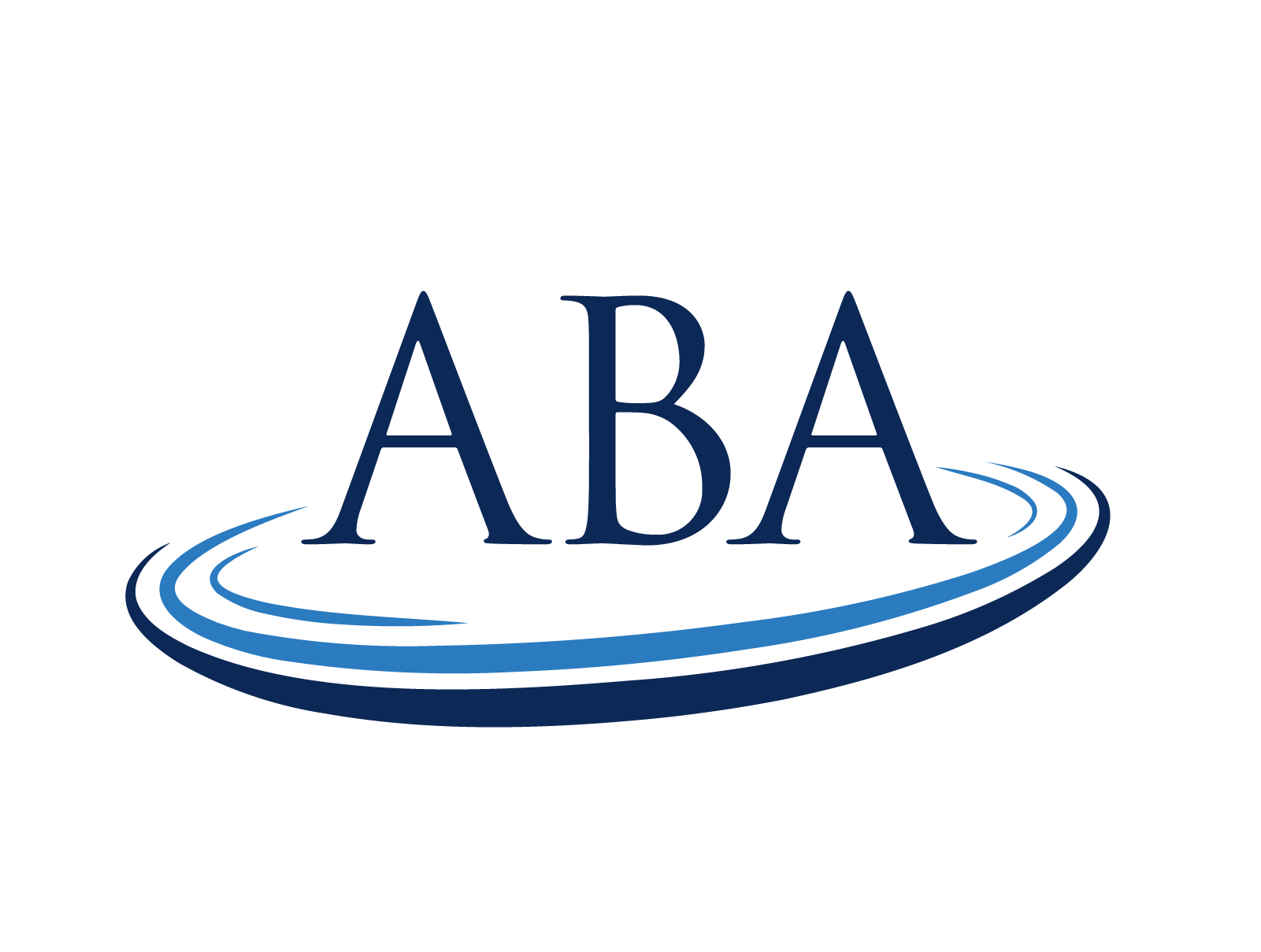- Joined
- Dec 22, 2018
- Messages
- 583
- Reaction score
- 1,613
ABA just announced that they’re creating an adult cardiac subspecialty board certification (and exam). They say they’ll start offering the exam as early as 2023.
Is this really necessary? Just another money grab? How have other subspecialties handled whether to grandfather people in? I’d be really annoyed if I needed to study for and take yet another exam, just when I thought I was at the end of that process with echo boards…
Is this really necessary? Just another money grab? How have other subspecialties handled whether to grandfather people in? I’d be really annoyed if I needed to study for and take yet another exam, just when I thought I was at the end of that process with echo boards…



